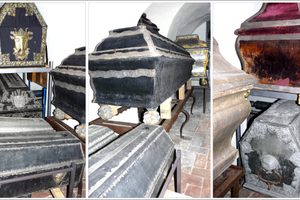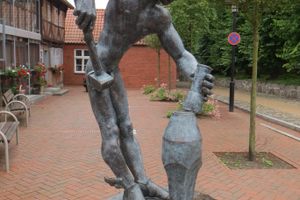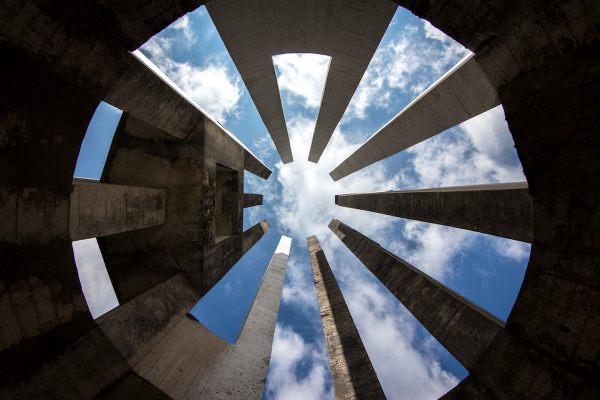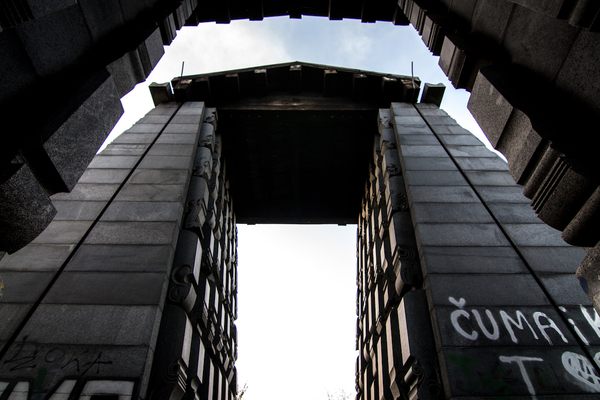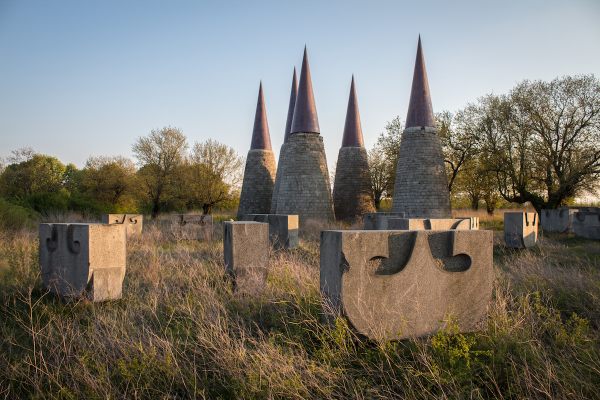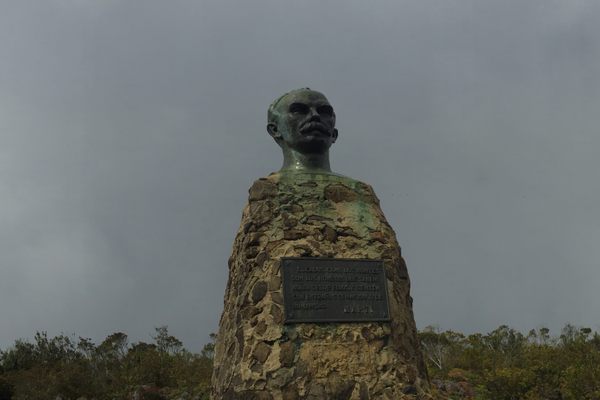About
Standing leisurely in the German city of Schwerin is a towering, 13-foot tall bronze statue of Communist leader Vladimir Lenin, a remnant of the country's divided past, one that may Germans are aggressively ready to forget.
After World War II, Germany was in every way a country divided. The German Democratic Republic (GDR), a Soviet-backed (and tacitly operated) state, occupied East Germany, while the Federal Republic of Germany (FRG) populated West Germany. During this period, a number of monuments dedicated to Soviet interests were erected in East Germany, mainly represented by homages to Lenin. When the wall fell, and German reunification saw the FRG become the ruling party, pushing out the Communist era that many remember as brutal and criminal. The Soviet effigies that remained were quickly torn down, and in the case of one famous Lenin statue that once stood in Berlin, buried in an unmarked grave.
However one hold over from this period remains in the city of Schwerin. A 13-foot statue of Lenin with is hands resting in his pockets, looking generally at ease. Yet however comfortable the former Soviet leader may look, many Germans are not so relaxed about his presence. As one might expect, many Germans, some who lived through East Germany under Communist rule, remember Lenin as a monster and a dictator who used his Stasi thought police to quell political and social dissent, making the statue a real affront. Still, other citizens, the mayor of Schwerin included, see the statue as a reminder of a very real and important part of German history that should not be so easily buried and forgotten.
While there have been numerous court appeals to have the statue removed, and countless acts of vandalism to its surface, the city continues to argue for the figures importance, saying that they would rather continue to scrub off vandalism than forget their history. The statues original creator, Estonian sculptor Jaak Soans, at one point even offered to melt the Lenin down and use the bronze to make a new monument. Yet still he stands. The city of Schwerin seems to understand the conflicted impulses toward the figure and has installed a plaque in front of it detailing Lenin's rather grim history.
Related Tags
Know Before You Go
Crossing Hamburger Allee-Plater Strasse.
Community Contributors
Published
November 10, 2014










